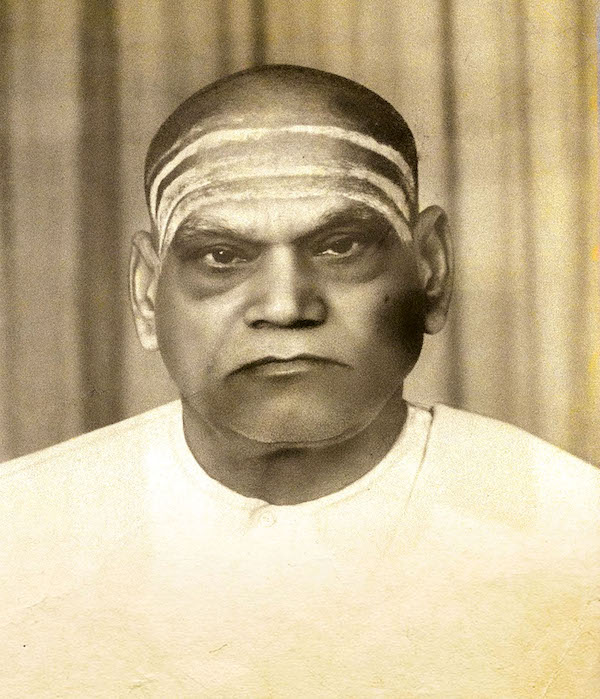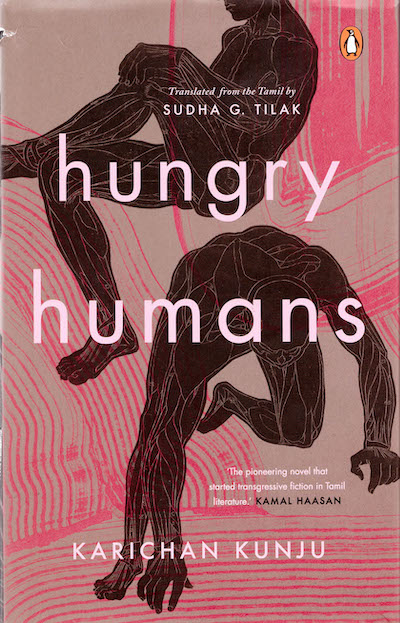KARICHAN KUNJU

KARICHAN KUNJU (1919-1992)
R. Narayanaswamy is better known by his pen name Karichan Kunju. From eight to fifteen years of age, Kunju studied Hindi and the Vedas in Bengaluru. He pursued higher studies in Hindi and Tamil at Rameshwara VedasthanaPatashala in Madurai and then worked as a Tamil teacher in Chennai, Mannargudi and Kumbakonam for a few years. Kunju has an oeuvre of over a hundred short stories. He also released ten short-story volumes, two novellas and dramas. ‘PasithaManidam’ (1978) was his only novel. He translated important works from English, Sanskrit and Hindi into Tamil, besides translating works of Tamil into other languages. He has contributed richly to Tamil literature and culture by exposing the vicious hierarchies of ancient temple towns. Karichan Kunju was the second son of RamamruthaSastri and Janaki Ammal. He is survived by four daughters.
HUNGRY HUMANS (Novels)
Tamil title: Pasitha Manidam
Number of pages: 269
Ganesan returns, after four decades, to the town of his childhood, filled with memories of love and loneliness, of youthful beauty and the ravages of age and misfortune, of the promise of talent and its slow destruction. Seeking treatment for leprosy, he must also come to terms with his past: his exploitation at the hands of older men, his growing consciousness of desire and his own sexual identity, his steady disavowal of Brahminical morality and his slowly degenerating body. He longs for liberation - sexual, social and spiritual - but finally finds peace only in self-acceptance. This translation of the groundbreaking Tamil novel PasithaManidam, first published in 1978, offers deep insight into the conservative and case-conscious temple town of Kumbakonam, viewed here with dispassionately cold clarity as a society that utterly fails its own. Sudha G. Tilak deftly builds upon Karichan Kunju’s prose to expose this world, raw, real, without frills or artifice. The themes of masculinity, desire and sexuality, caged within caste and repression, all combine to give readers front-row seats to the many acts we put on for and as a community.
Rights:
Published in English (PRH).
English rights other than Indian sub-continent open.
All other languages and territories open.


